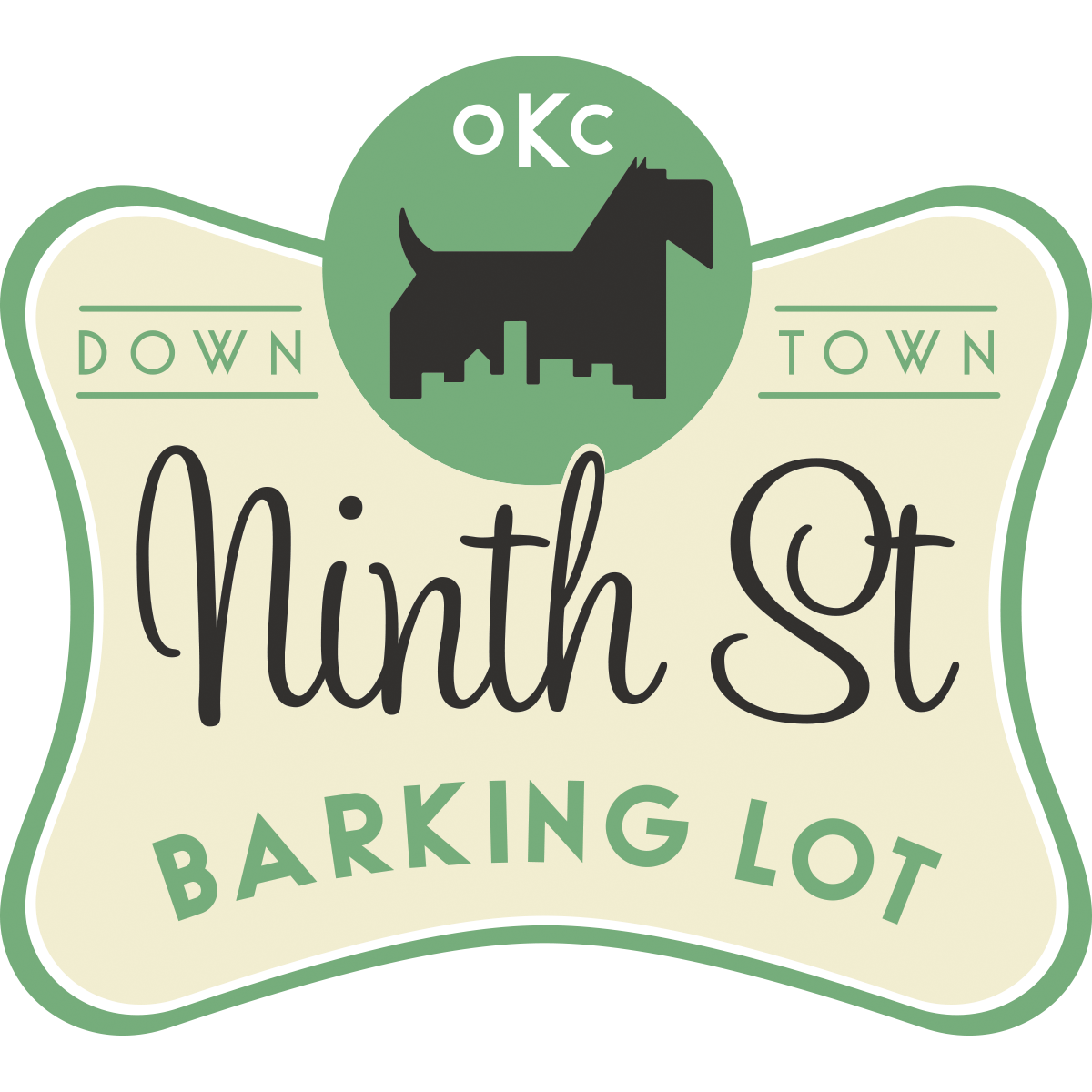For almost a year now, I’ve been home-cooking for my two-year-old Golden Retriever, Ainsley. Home-cooked meals are such a controversial subject, and believe me, I’ve heard of all the excuses, like: How do you know if their meal is balanced? I hardly have time to cook for myself! It costs way too much! I can tell you that all of these excuses are just that - excuses. It hardly takes any effort at all to feed a home-cooked meal, and Ainsley is living proof of its benefits.
I initially started Ainsley off on a high-quality kibble. She loved to eat everything I fed her, but it was anything but healthy. She was overweight, lethargic, and her golden fur was dull and brittle. Like many dog owners, I wanted Ainsley to have the longest and best life possible, so I started doing research to find out which food would do that.
The results? Pretty shocking.
Firstly, I found out dog kibble was made for human convenience. There is nothing about hard, dry, grain-full kibble that is appetizing or beneficial for our dogs. In order for commercial dog kibble to be somewhat desirable for a pet, manufacturers spray the end product with animal by-products, like blood and stomach contents from cows. (Gross.)
Secondly, the pet food Industry is a controversial, multi-billion dollar industry and is regulated by The Association of American Feed Control Officials (AAFCO). I like to say the pet food industry is ‘somewhat regulated’ by AAFCO because the standards on labeling food products are very vague. For example, a label that says ‘Made with Real Chicken’ can contain anywhere from 4% to 90% real chicken. That's a huge margin!
Additionally, the label ‘meat by-products’ can literally mean any part of any animal, and because it just says ‘meat,’ the food manufacturers do not have to specify which animal it is from. That made me question the reliability of dog food labels, and if I should be feeding commercial dog food to Ainsley at all.
“Research shows that 86% of dry fed pets over 2 years of age have significant mouth disease. ”
I wanted to know 100% of what Ainsley was eating, and I wouldn’t be able to do that with a commercial dog food. So, I decided to do a home cooked diet. I bought a few books and cookbooks and modified Ainsley’s meals according to how she behaved and her weight. A balanced diet is very important for dogs (as is a balanced diets for humans); however, we don’t go about feeding ourselves by measuring every single ingredient. We modify our diets by how we feel, how much exercising we do, and go by the guidelines given by The American Food Guide Pyramid.
I went about feeding Ainsley similar to how I would go about feeding myself. If her weight got a little too low, I increased the amount of food I fed her. When her fur was still dull and brittle, I increased the amount of meat in her diet. I modified her meals until I found out what worked for Ainsley.
Here's what I feed her:
- Breakfast
- 2 Eggs
- 2 multivitamins
- 1 banana
- Lunch
- 1 pound of ground meat (either beef or turkey)
- 1 pound of ground meat (either beef or turkey)
- Dinner
- Chicken, Salmon, or Pork
- Mixed Veggies
- Sweet Potato (without the skin)
Contrary to popular belief, you can vary the food you give your dog. It is actually beneficial to feed a variety of different foods, especially with a home-cooked diet, so the dog can obtain different nutrients from multiple sources.
Feeding home-cooked is really not difficult, and its costs me about $5/day for a 55 pound dog.
Ever since I switched to a home cooked diet, Ainsley’s fur is soft, she has more energy, and has lost the extra weight. I know 100% of the time what she is eating which eases my mind, and I know she is a lot healthier for it. She gets excited about eating, and hopefully she will continue to be healthier for a long time. I enjoy cooking for Ainsley, and I believe it is an easy way to keep our loving companions around for a long time.
If you have any questions on what to feed your dog, leave it in the comments below! I would love to help. :-)
— Missy McMahan
Missy McMahan is 9th Street Barking Lot's newest Pack Member, specializing in animal nutrition. Missy has her Bachelor's Degree in Animal Science from Dalhousie University, and is in the process of becoming a Certified Canine Nutritionist.


